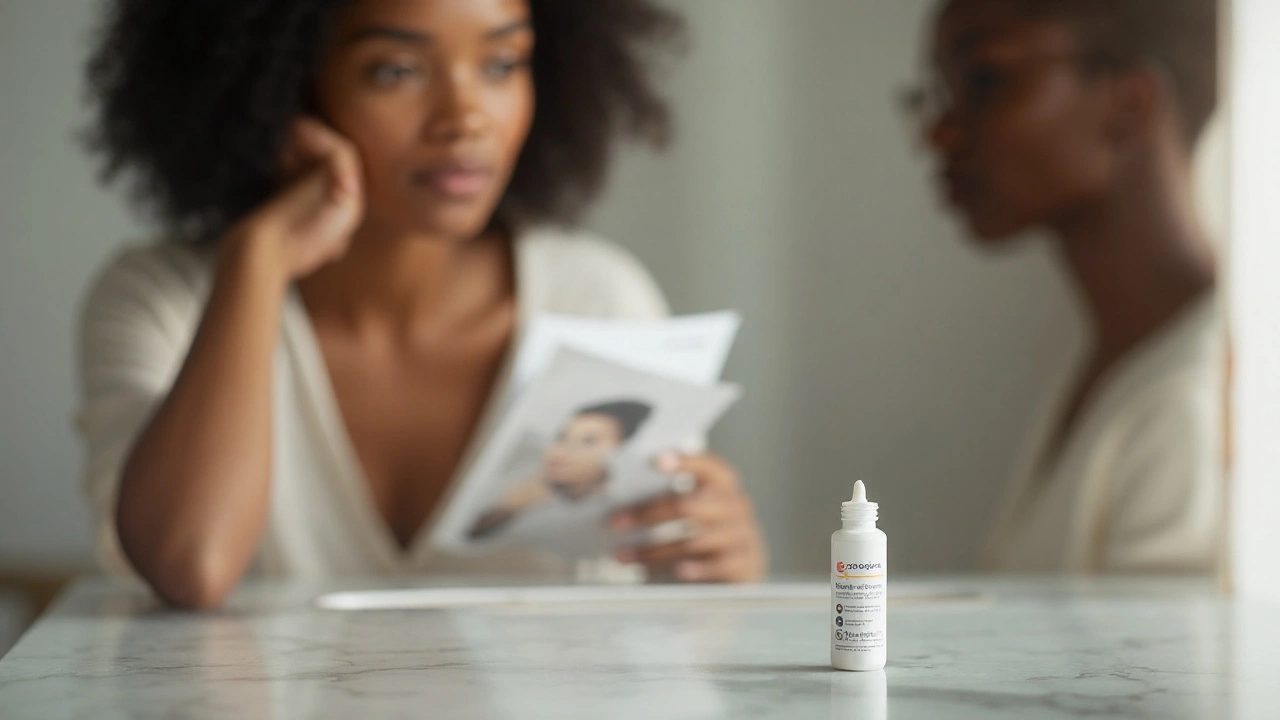Skin Lightening: What Works, What Doesn’t, and How to Stay Safe
Ever looked in the mirror and wished those dark spots would fade a bit faster? You’re not alone. Skin lightening (or brightening) is a popular goal, and there are plenty of products promising quick results. But not every solution is safe or effective. Below we break down the basics, the ingredients that actually help, and the red flags to watch for.
Top Ingredients That Really Lighten Dark Spots
When you scan a label, you’ll see names like hydroquinone, niacinamide, vitamin C, and kojic acid. Here’s a quick rundown:
- Hydroquinone – The most powerful over‑the‑counter option. It blocks melanin production but can irritate sensitive skin. Use only as directed and stop if you notice redness.
- Niacinamide – A milder B‑vitamin that reduces pigment and strengthens the skin barrier. Great for daily use and works well with other actives.
- Vitamin C – Antioxidant that brightens and protects against sun damage. Look for stable forms like magnesium ascorbyl phosphate.
- Kojic Acid – Derived from fungi, it slows melanin creation. It’s less strong than hydroquinone but also less likely to cause irritation.
- Azelaic Acid – Helps with both acne and hyperpigmentation. It’s a solid middle‑ground choice for people with sensitive skin.
Mixing these ingredients doesn’t always boost results; sometimes they can cancel each other out. Stick to a simple routine: a cleanser, a treatment serum with one of the actives above, and a moisturizer.
Safety First: Risks and How to Avoid Them
Skin lightening may sound harmless, but misuse can lead to uneven tone, redness, or even permanent damage. Here’s what to keep an eye on:
- **Over‑use** – Applying too much or using multiple strong actives at once can strip the skin.
- **Sun exposure** – Lightened skin is more vulnerable to UV. Always finish with SPF 30 or higher.
- **Prescription‑only ingredients** – Some potent agents, like high‑strength hydroquinone, need a doctor’s OK. Getting them without a prescription can be risky.
- **Unregulated products** – Online “miracle creams” may contain illegal steroids or mercury. If a price feels too good to be true, it probably is.
When in doubt, talk to a dermatologist. A quick check can tell you whether a spot is just a tough pigment or something that needs medical attention.
For those who prefer a gentler route, natural options such as licorice extract, turmeric, and alpha arbutin can brighten over time without harsh side effects. They work slower, but they’re kinder to the skin barrier.
Bottom line: choose proven ingredients, protect with sunscreen, and avoid shortcuts. Consistency beats quick fixes every time.
Detailed guide on Benoquin cream for skin lightening and depigmentation. Understand its usage, who needs it, risks, benefits, and safe application tips.
More
